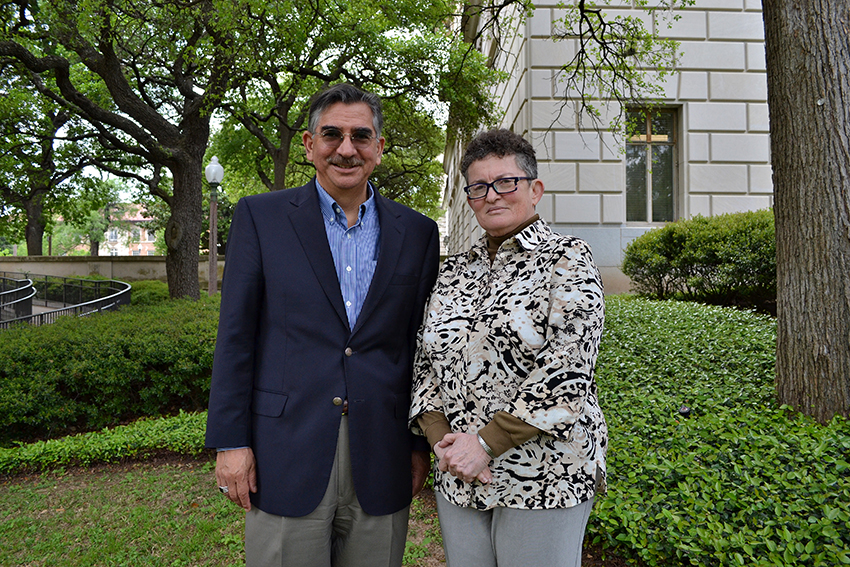The University of Texas at Austin received two grants totaling $2.7 million from the Andrew W. Mellon Foundation this month to strengthen, promote and defend the contributions of the humanities and arts departments.
The grants were received April 13 and consisted of $2 million to support The Engaged Scholar Initiative, a Texas Model to help third-year humanities graduate students develop research skills. The other $700,000 grant will help preserve and digitize human rights archives in Latin America.
Esther Raizen, associate dean for research at the College of Liberal Arts, said the grant will allow graduate students to write a different kind of dissertation that involves multiple graduates, undergraduates, post-doctoral fellows, faculty and community members.
“The project itself will be a growth project as opposed to one person working on their own,” Raizen said. “We’re thinking in terms of reshaping, to some extent, the way dissertations and education in the humanities are perceived, because what starts here changes the world.”
Richard Flores, senior associate dean for academic affairs at the College of Liberal Arts, said the grant equips humanities students with the proper tools and research experience to pursue different career options.
“Our students, for the most part, are going into academic jobs, but some of them want to go into other careers where academic training at the Ph.D. level is still important,” Flores said. “This allows them to explore those avenues while they are still doing their graduate work and shape their work in that direction up front.”
The $700,000 grant was given to the LLILAS Benson Latin American Studies and Collections project to preserve rare and fragile archives relating to human rights, LLILAS Benson director Virginia Garrard said.
“We keep the original physical materials in the home country and make digital copies here which are then available for open access to anyone in the world who wants to use them,” Garrard said. “This access gives the material potential for a very wide effect.”
Garrard said these grants are crucial for the future of the study of humanities.
“These grants allow us to do what we really want to do,” Garrard said. “In a time where funding from the U.S. government and the state government is scarce and getting scarcer, it’s important that we have funds for initiatives that help for the future as they are very backfilling for us.”





















